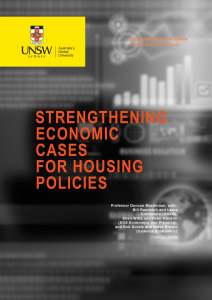Anglicare’s latest Rental Affordability Snapshot, released yesterday, reveals that rentals in Australia are still as unaffordable as ever. The snapshot was taken on 21 March 2020, just before the Coronavirus supplement was introduced.
- 3% of properties available for rent were affordable and appropriate for households on government income support payments
- 22% were affordable for people earning the minimum wage
- 3 properties were affordable for people receiving the Youth Allowance
- 9 properties were affordable for people receiving Newstart
- 526 were affordable for a single person on the Aged Pension
- 245 were affordable and suitable for people on there Disability Support Pension
The document also calculates rental affordability if the Cornovirus supplement was permanent. The key results are:
- 624 properties were affordable for a person receiving Youth Allowance
- 1,040 properties were affordable for a person receiving the Jobseeker payment
For a couple with two children living on Jobseeker Payment, the number of properties that were affordable went from 589 without the Coronavirus supplement to 8,106 with the supplement.
The study clearly illustrates that we urgently need an increase in the supply of affordable rental properties across Australia, and that we must make the Coronavirus supplement a permanent supplement.



